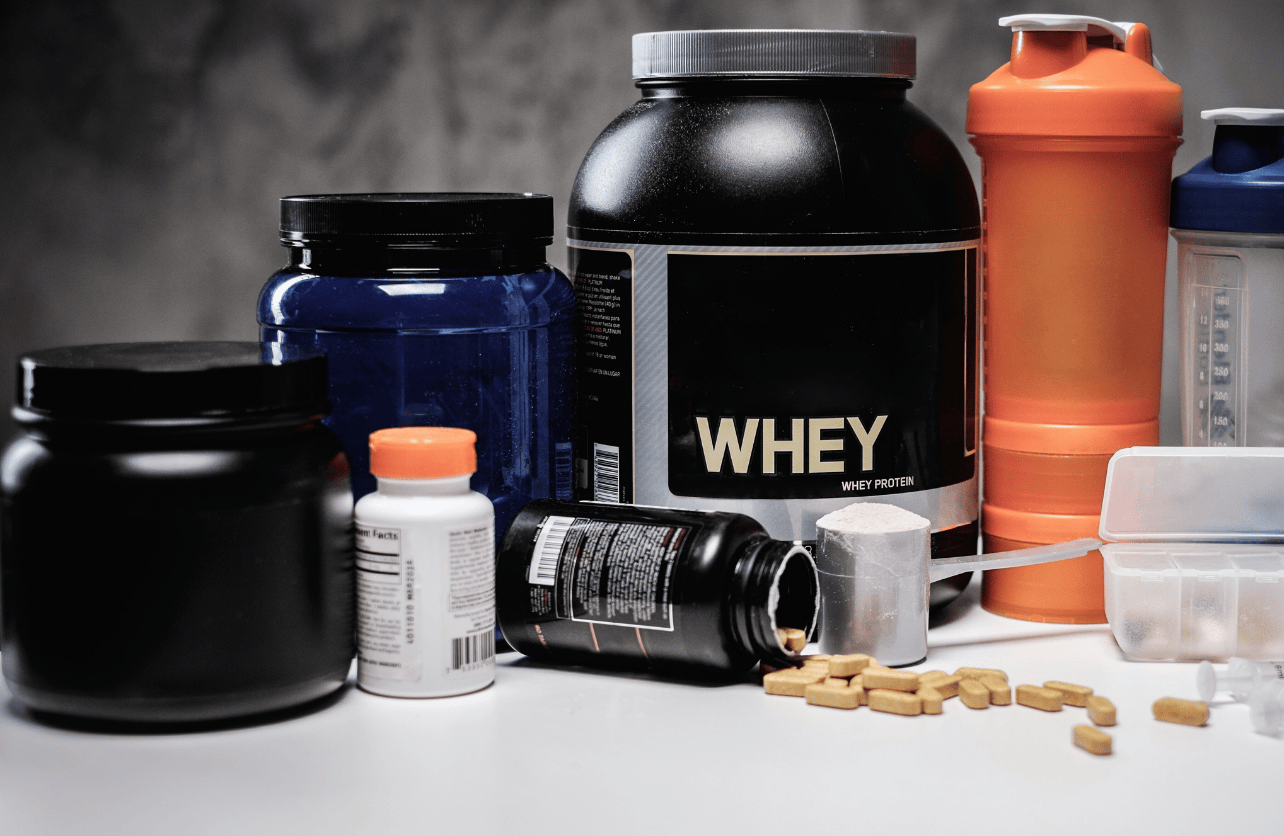Stacking L-Carnitine With Other Supplements: What Works and What Doesn’t

On its own, L-carnitine offers a range of benefits—improved fat oxidation, potential support for endurance, and possibly even cognitive and cardiovascular health depending on the form used. But what happens when you stack it with other supplements? Can you enhance its effects, or end up wasting your money?
Here’s a closer look at what works when stacking L-carnitine with other supplements—and what probably doesn’t.
L-Carnitine and Creatine
One of the most effective and well-researched pairings is L-carnitine with creatine. These two compounds support complementary systems in the body: creatine helps regenerate ATP for short bursts of high-intensity activity, while L-carnitine assists with fat metabolism during longer efforts. When combined, they may offer benefits for both strength and endurance.
Some studies suggest that combining L-carnitine, creatine, and leucine can improve lean muscle mass, especially in older adults. This stack may help preserve muscle while promoting more efficient energy production across different types of exercise.
What it’s good for: Strength gains, muscle maintenance, and improved recovery, especially in aging athletes or during periods of intense training.
L-Carnitine and Whey Protein
Another sensible pairing is L-carnitine and whey protein. Whey is a fast-digesting protein rich in essential amino acids that support muscle repair and growth. Meanwhile, L-carnitine helps facilitate glucose and fat transport into cells, which may improve muscle energy utilization and recovery when taken post-workout.
When consumed together after exercise—particularly alongside carbohydrates—this combination may enhance glycogen resynthesis, reduce muscle soreness, and support lean body mass.
What it’s good for: Post-workout recovery, muscle repair, and general performance support.
L-Carnitine and BCAAs
Branched-chain amino acids (leucine, isoleucine, and valine) are known for their role in muscle protein synthesis and reducing exercise-induced muscle damage. While there’s limited direct research on combining BCAAs with L-carnitine, their functions don’t overlap or interfere with each other.
Theoretically, this stack may help athletes manage fatigue, preserve lean mass during cutting phases, or simply reduce soreness after intense training sessions.
What it’s good for: Cutting phases, muscle preservation, and fatigue management, particularly for endurance or high-volume athletes.
L-Carnitine and CLA (Conjugated Linoleic Acid)
Both L-carnitine and CLA are frequently marketed as fat-burning aids, but they work through different mechanisms. L-carnitine enhances fat oxidation, while CLA has been studied for its potential to reduce body fat and influence fat metabolism. Together, they may offer modest support for body composition—especially when paired with proper diet and training.
However, the effects are generally subtle. Neither supplement will lead to dramatic fat loss on its own, but they may offer incremental help for those already doing everything else right.
What it’s good for: Supporting fat loss as part of a structured, calorie-controlled training plan.
L-Carnitine and Caffeine
Though not always discussed together, L-carnitine and caffeine are commonly taken in pre-workout supplements. Caffeine enhances alertness and performance by stimulating the central nervous system, while L-carnitine supports energy metabolism at the cellular level. This combination can work well for individuals seeking a non-stimulant + stimulant synergy.
Be mindful, though, of the form and timing. Taking L-carnitine with carbs improves its uptake, while caffeine works best on an empty stomach. It’s worth experimenting with timing if using both in a single stack.
What it’s good for: Endurance workouts or long training sessions requiring both mental and physical stamina.
What Doesn’t Work So Well
Taking L-carnitine without carbs: Research shows that insulin helps shuttle L-carnitine into muscle tissue. Taking it on an empty stomach or alongside fat-only meals may reduce its effectiveness. Combine it with a small amount of carbs if muscle uptake is the goal.
Stacking L-carnitine with every fat-burner under the sun: More isn’t always better. Pairing L-carnitine with every thermogenic or stimulant-based fat burner can increase the risk of side effects (like GI distress or jitteriness) without meaningful added benefit.
Using it as a shortcut for weight loss: L-carnitine is not a miracle supplement. Without a proper diet and exercise plan, it’s unlikely to produce results on its own—even if stacked with other “fat-burning” supplements.
Final Thoughts
Stacking L-carnitine with other supplements can be effective—if done strategically. Pairings like creatine, whey protein, and CLA may enhance results, particularly when aligned with specific goals like recovery, endurance, or body composition. But it’s important to keep expectations realistic. L-carnitine works best when it complements a well-rounded routine, not when it’s treated as a shortcut.
If you’re unsure whether a particular combination makes sense for your body or training style, consult a qualified sports nutritionist or healthcare provider. Supplement stacks only work if the rest of your regimen is solid.
Building a Stronger You
Supplement Institute is the fruit of extensive online publishing experience, spanning the breadth of SEO strategies to the nuances of paid advertisements. Our journey, marked by significant achievements and learning moments, inspires our core mission: to empower our readers with an abundance of information. By sharing insights and key learnings, we aim to provide you with the knowledge needed to navigate the complex world of supplements, helping you make well-informed decisions for your health and well-being. Welcome to Supplement Institute, where information is your greatest supplement.